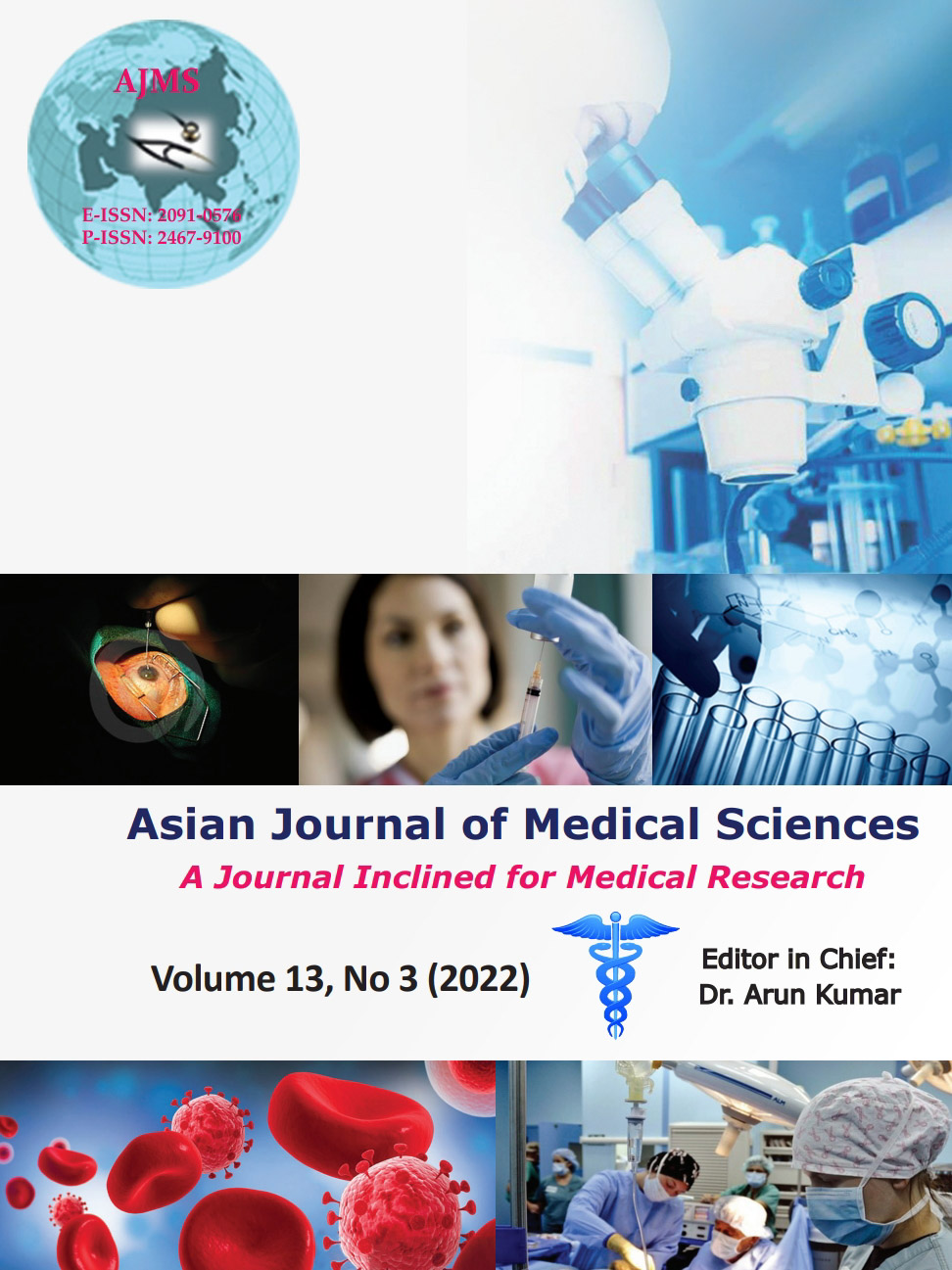Assessment of the efficacy of electrical vestibular nerve stimulation as an adjunct therapy in the management of motor functions and quality of life in patients with Parkinson’s disease
Keywords:
Electrical vestibular nerve stimulation, Motor responses, Parkinson’s disease, Quality of lifeAbstract
Background: The existing treatments for Parkinson’s disease (PD) were associated with side effects and do not offer a complete cure. Hence, there is a need for an alternative therapy that can prevent or delay the onset of PD with less or no side effects. Our extensive review of literature has shown no studies to be existing so far in India regarding vestibular stimulation as a treatment method for PD.
Aims and Objectives: The present study was undertaken to administer electrical vestibular nerve stimulation (VeNs) as an adjunct therapy in the management of motor functions and to improve the quality of life in PD patients.
Materials and Methods: The present study was a randomized controlled trial. (ClinicalTrials.gov Identifier: NCT04450550). 30 cases of PD, of both genders, were part of the study by convenient sampling after obtaining written informed consent. Patients were recruited from the out-patient ward of the General Medicine department, R.D. Gardi Medical College. Motor activities were assessed using the Berg balance scale, strength procedures by hand dynamometer and hand-eye coordination by 100 pin dexterity test. Quality of life was assessed by the World Health Organization Quality of Life Brief.
Results: The study results support the earlier studies as there was a significant improvement in the motor functions and quality of life of the study participants.
Conclusion: The study recommends further detailed studies with higher sample size and involving many centers to recommend the use of electrical VeNs as adjunctive therapy in the management of PD.
Downloads
Downloads
Published
How to Cite
Issue
Section
License
Copyright (c) 2022 Asian Journal of Medical Sciences

This work is licensed under a Creative Commons Attribution-NonCommercial 4.0 International License.
Authors who publish with this journal agree to the following terms:
- The journal holds copyright and publishes the work under a Creative Commons CC-BY-NC license that permits use, distribution and reprduction in any medium, provided the original work is properly cited and is not used for commercial purposes. The journal should be recognised as the original publisher of this work.
- Authors are able to enter into separate, additional contractual arrangements for the non-exclusive distribution of the journal's published version of the work (e.g., post it to an institutional repository or publish it in a book), with an acknowledgement of its initial publication in this journal.
- Authors are permitted and encouraged to post their work online (e.g., in institutional repositories or on their website) prior to and during the submission process, as it can lead to productive exchanges, as well as earlier and greater citation of published work (See The Effect of Open Access).




